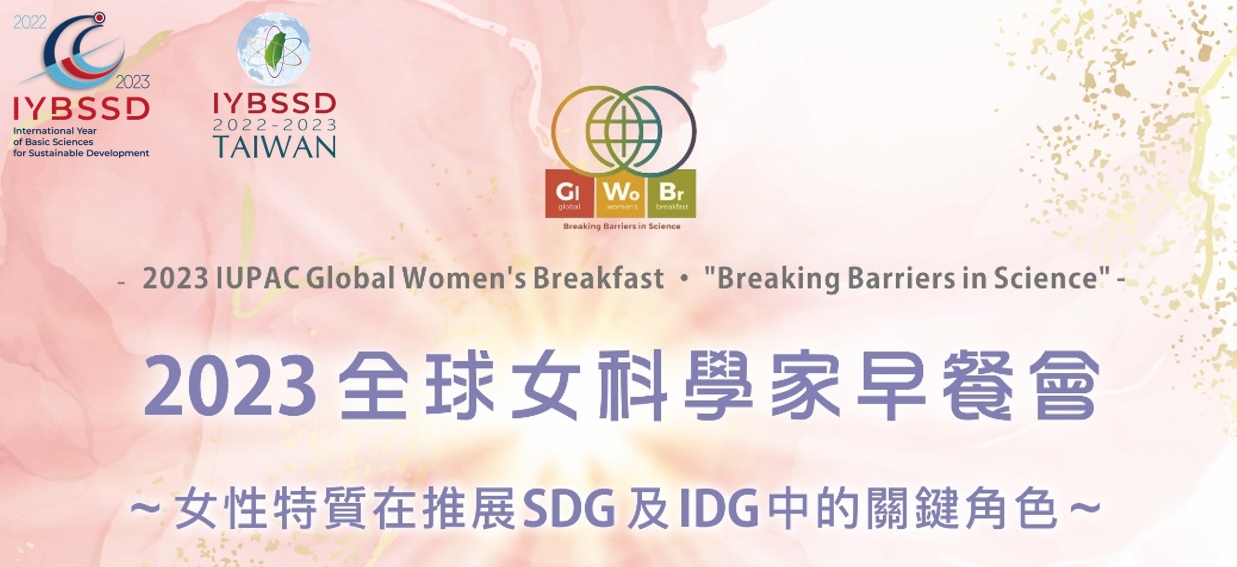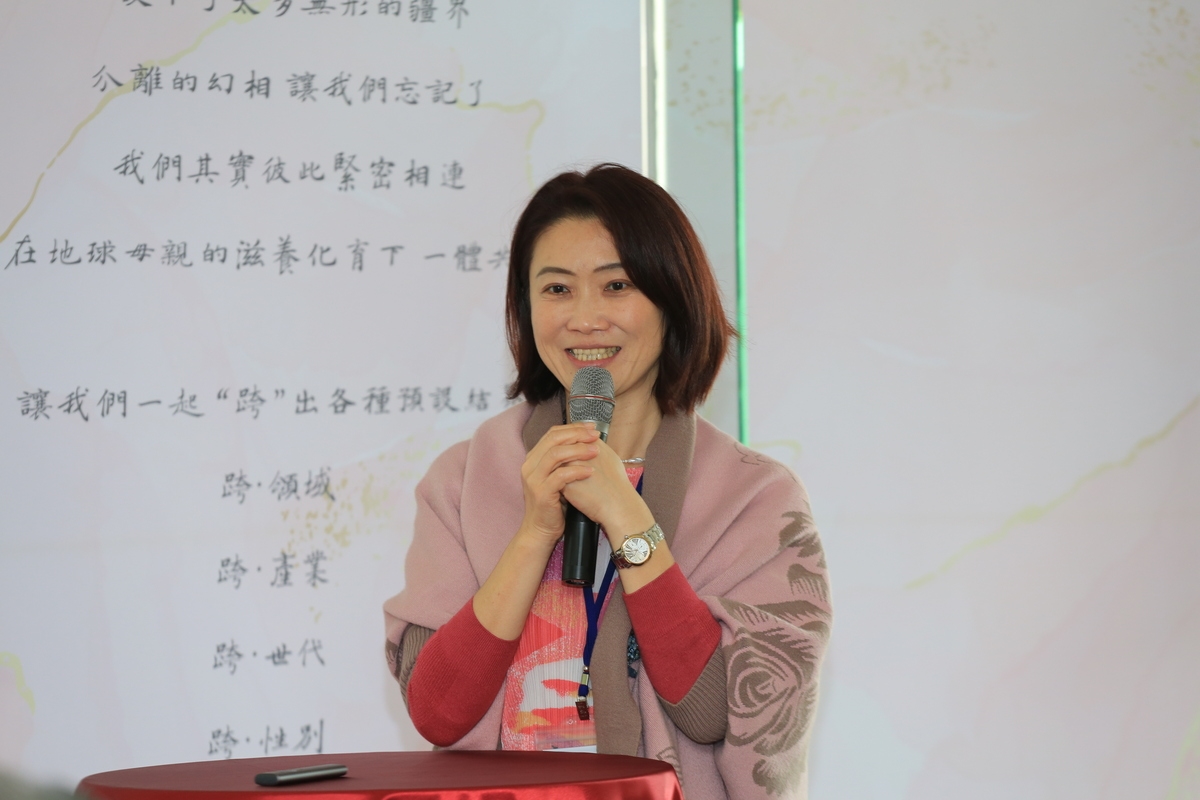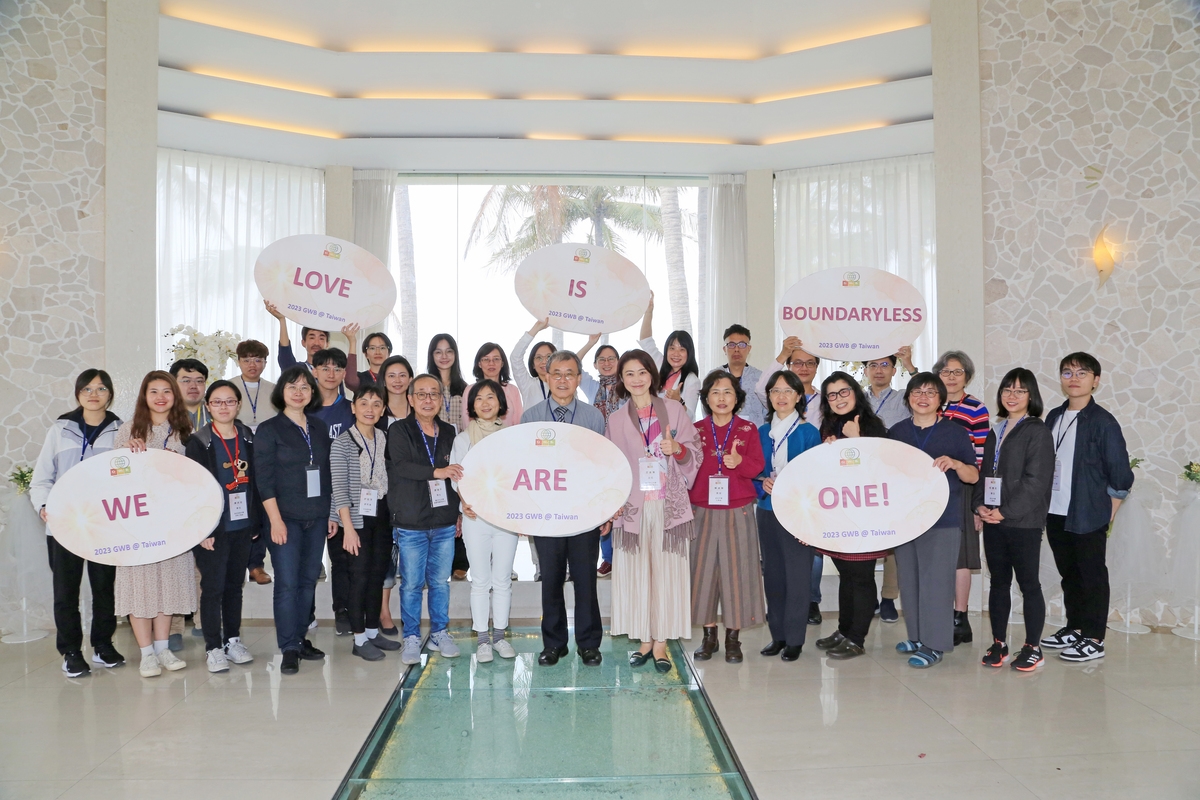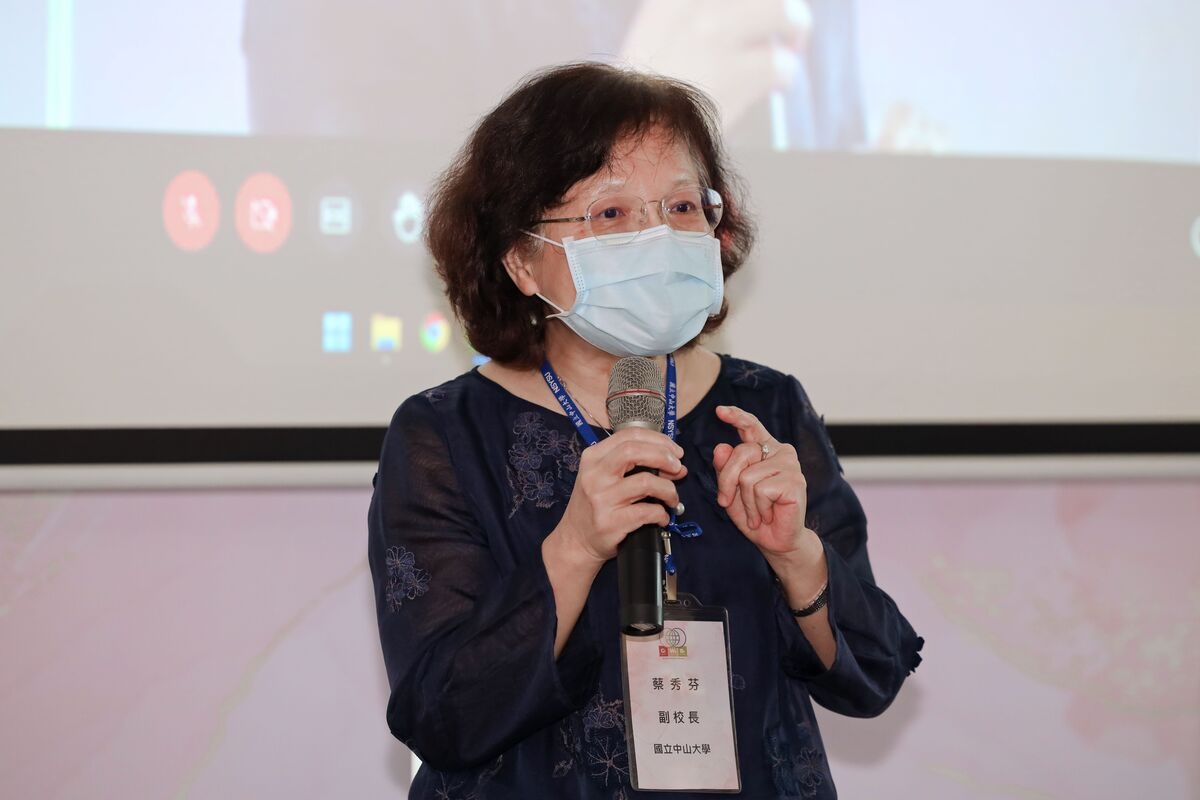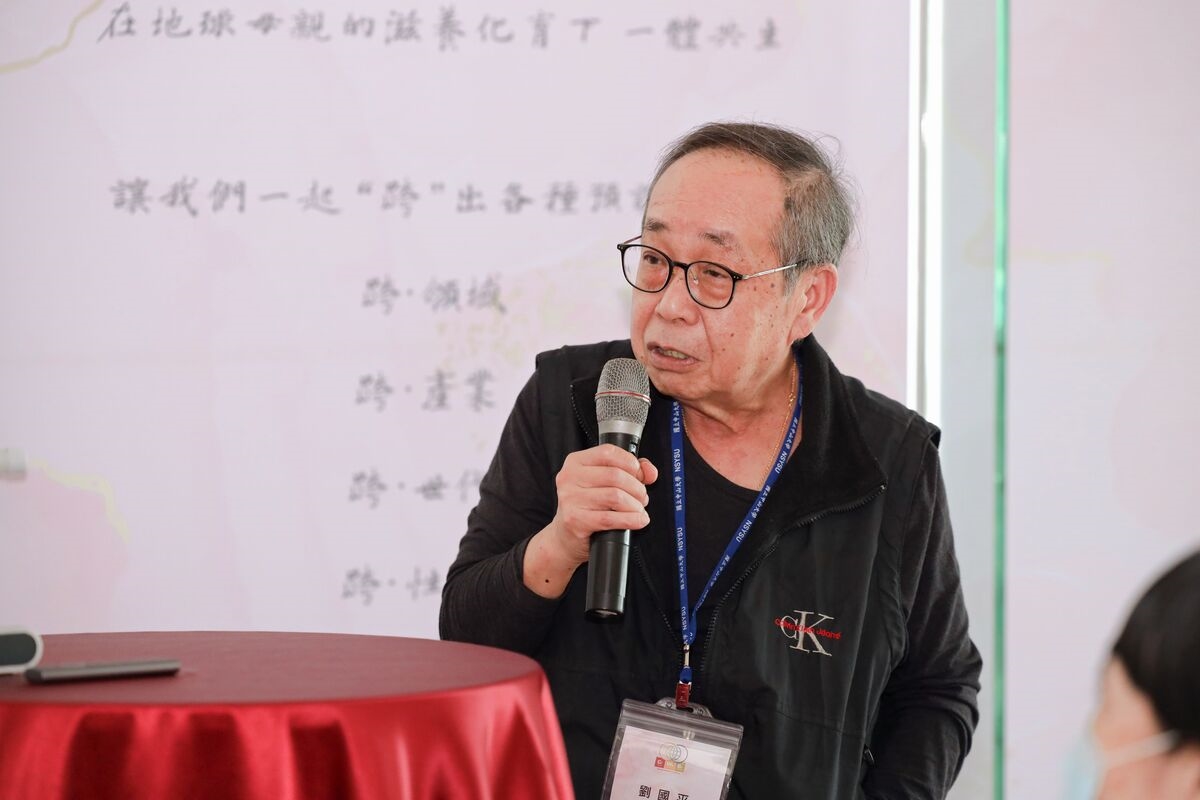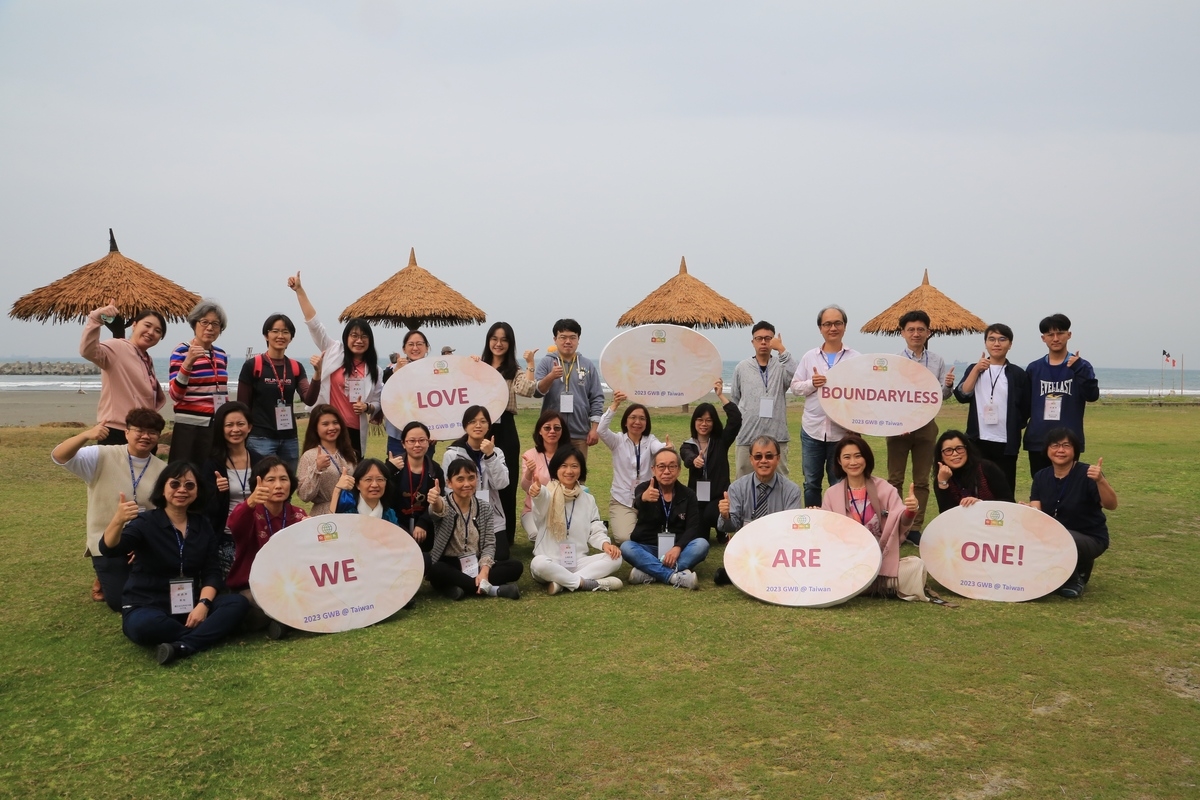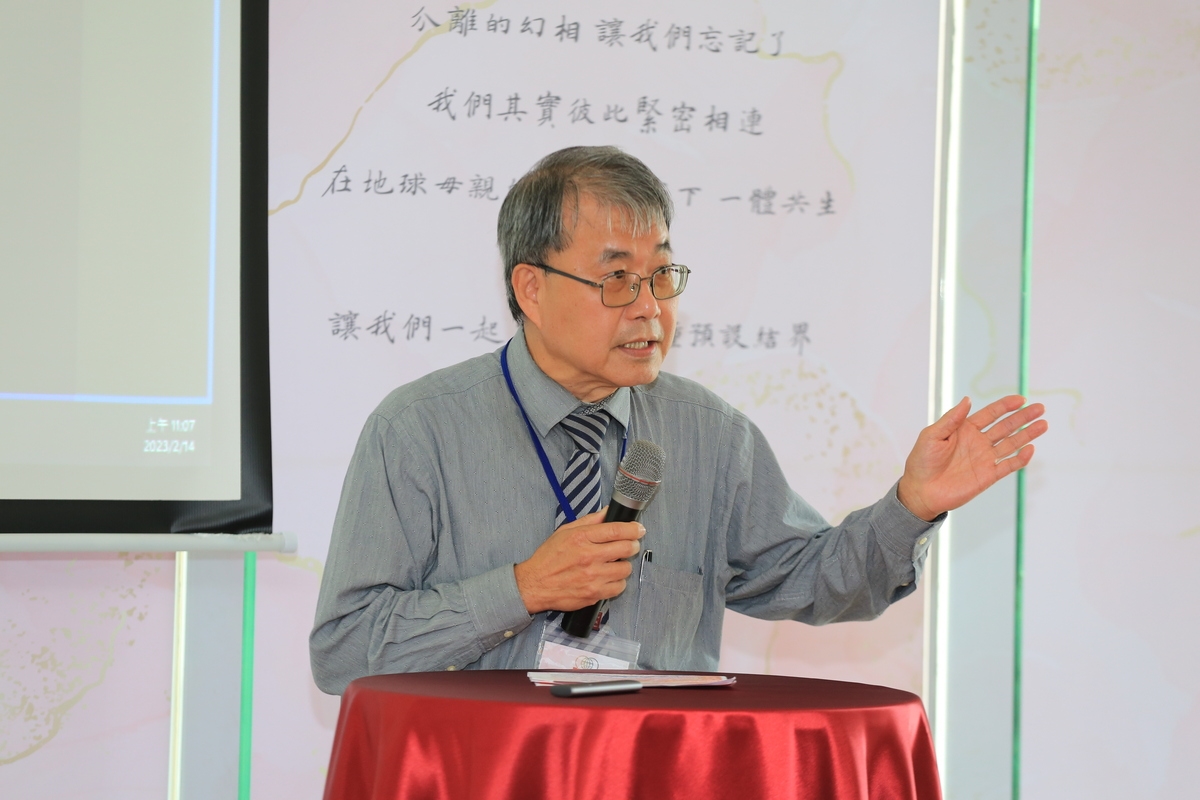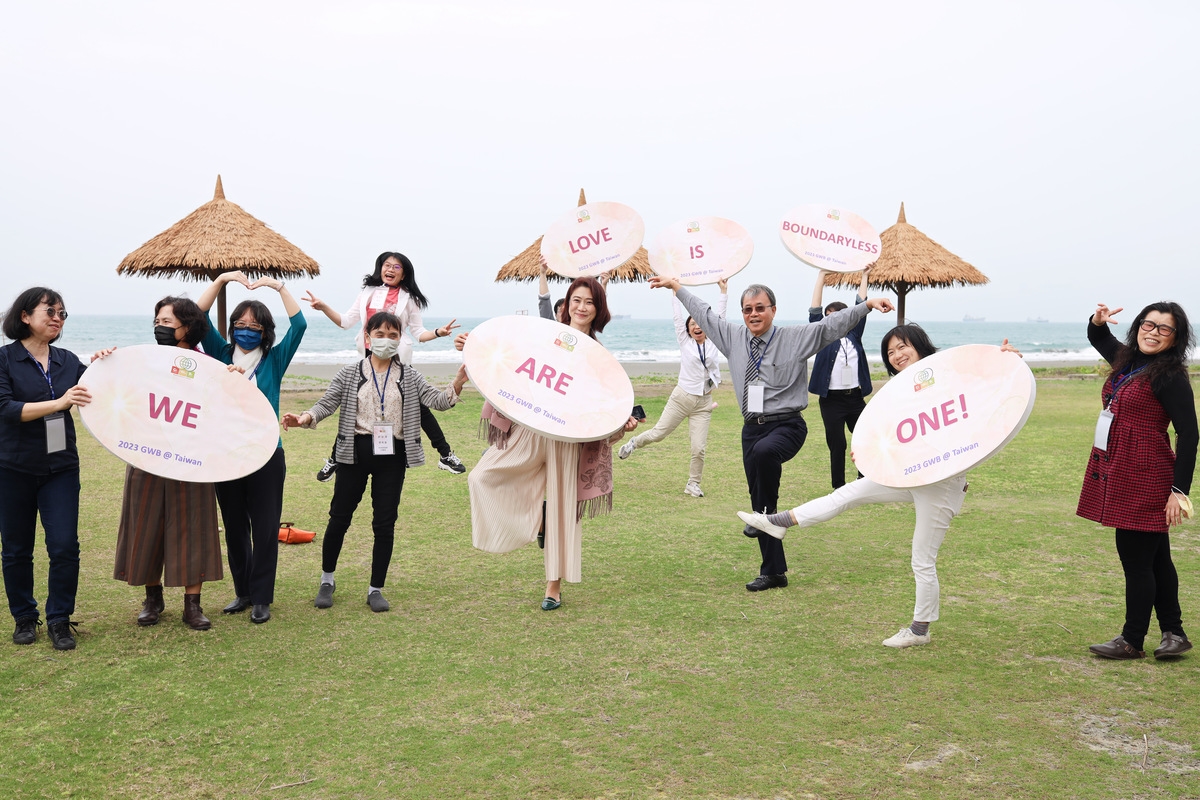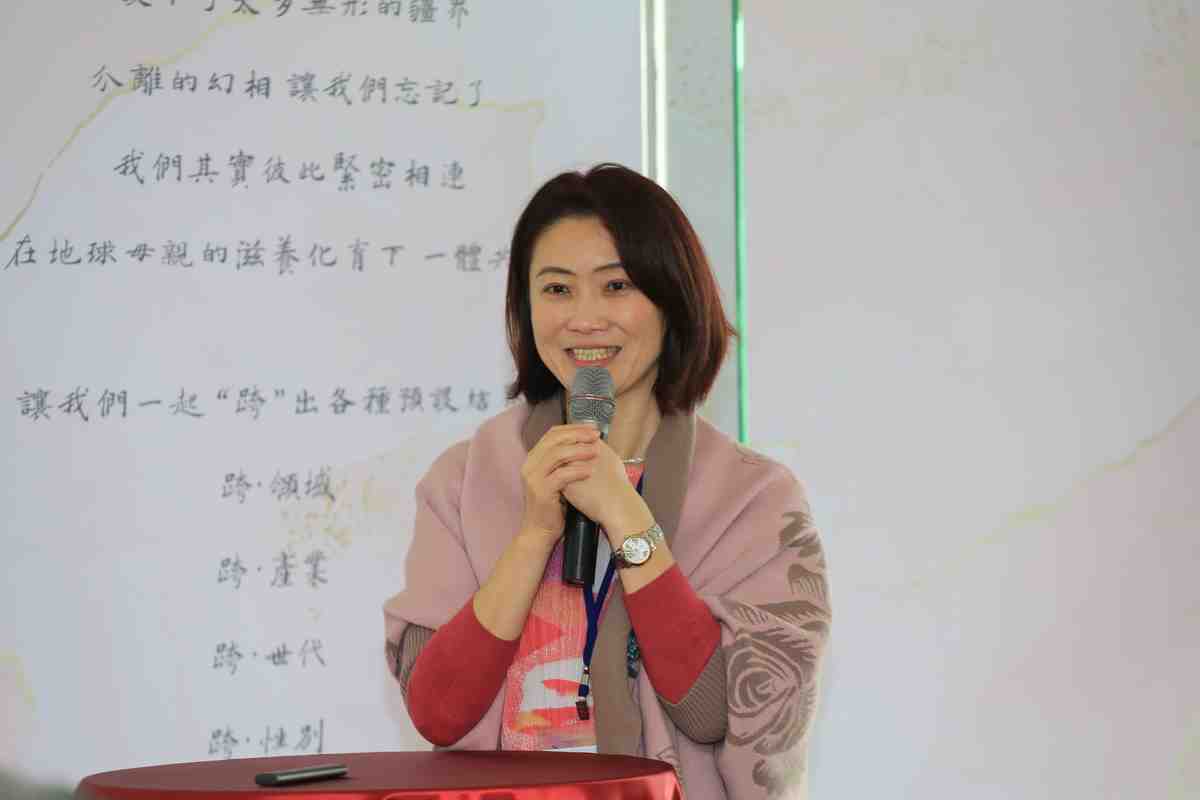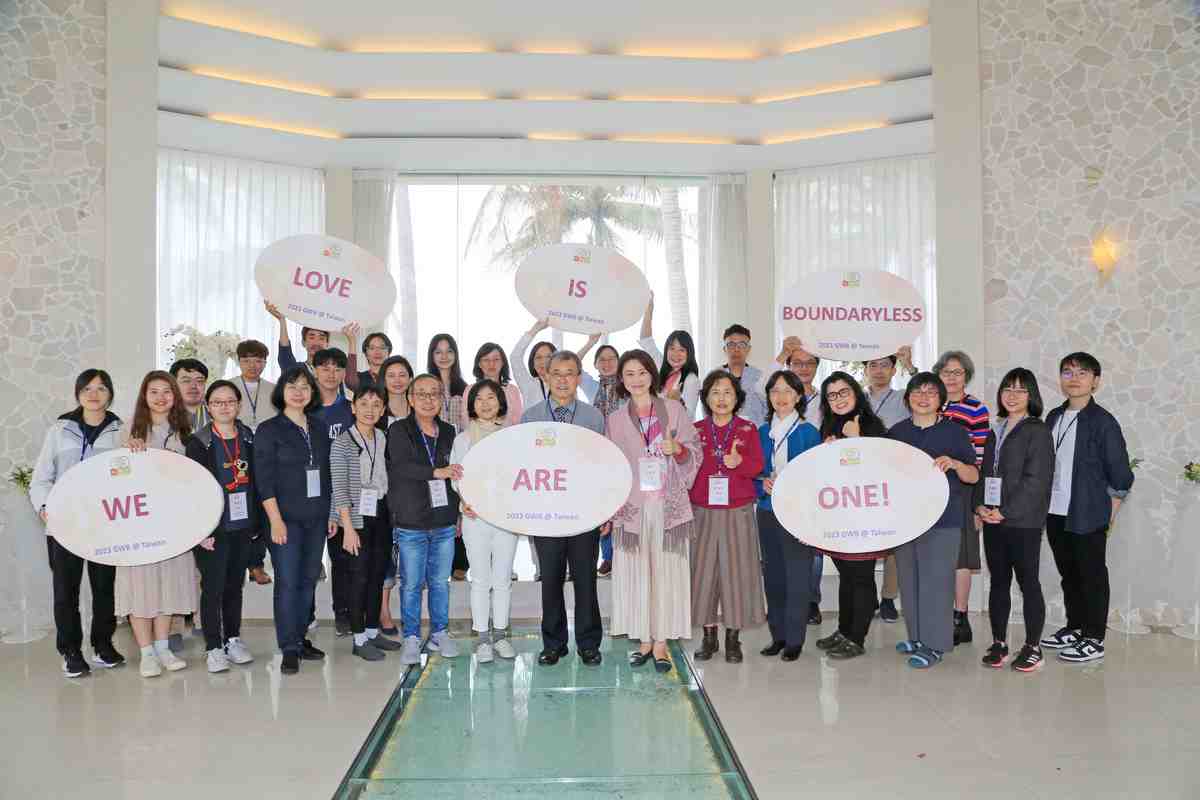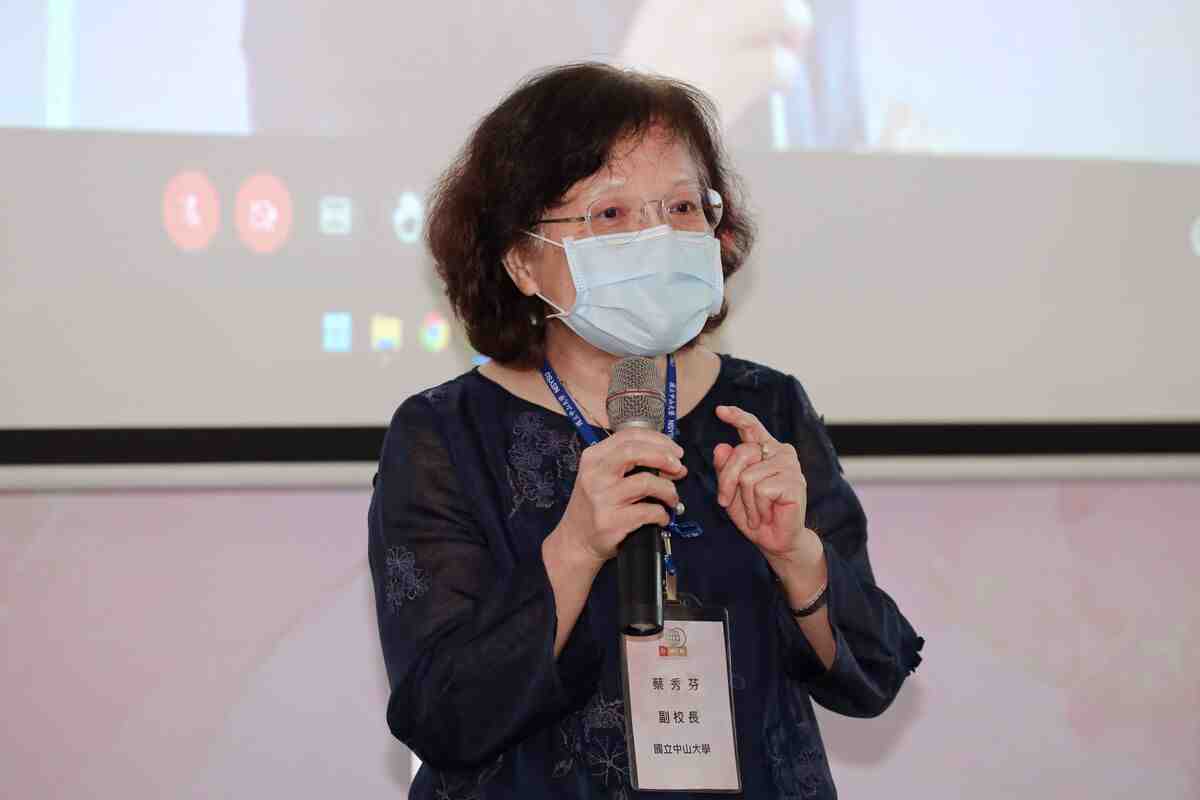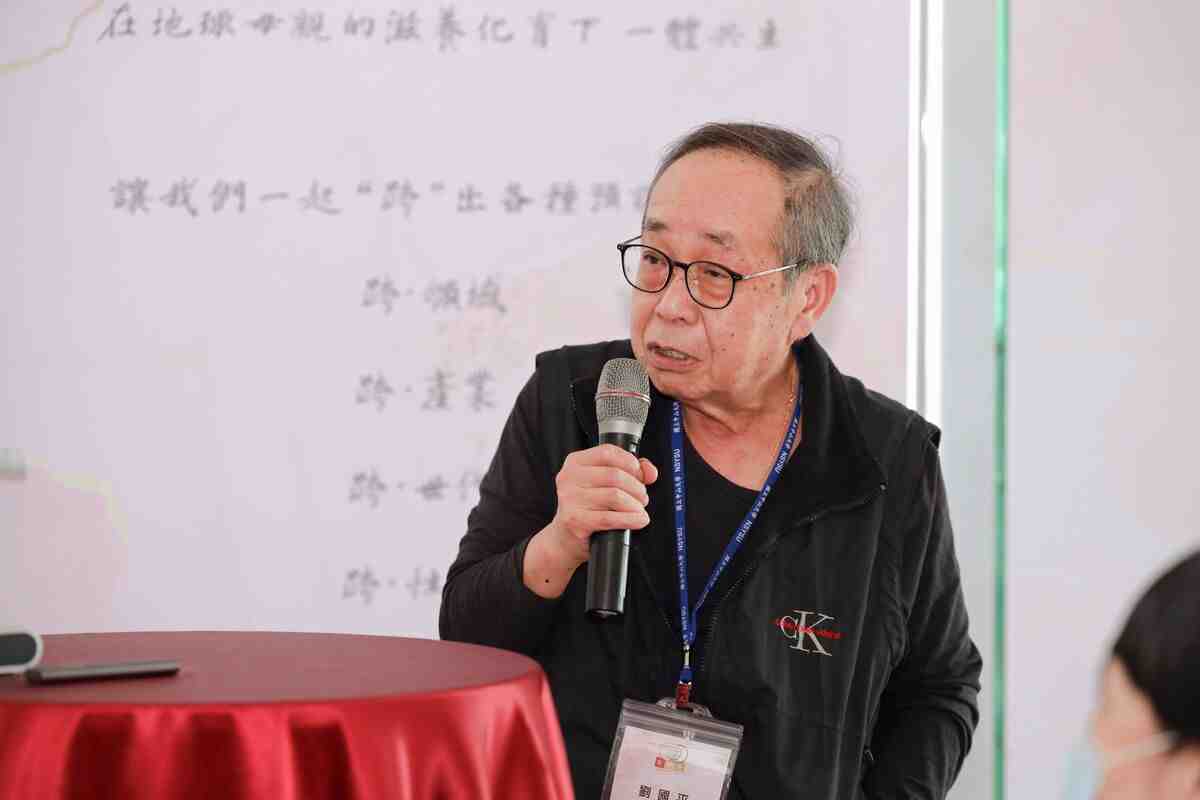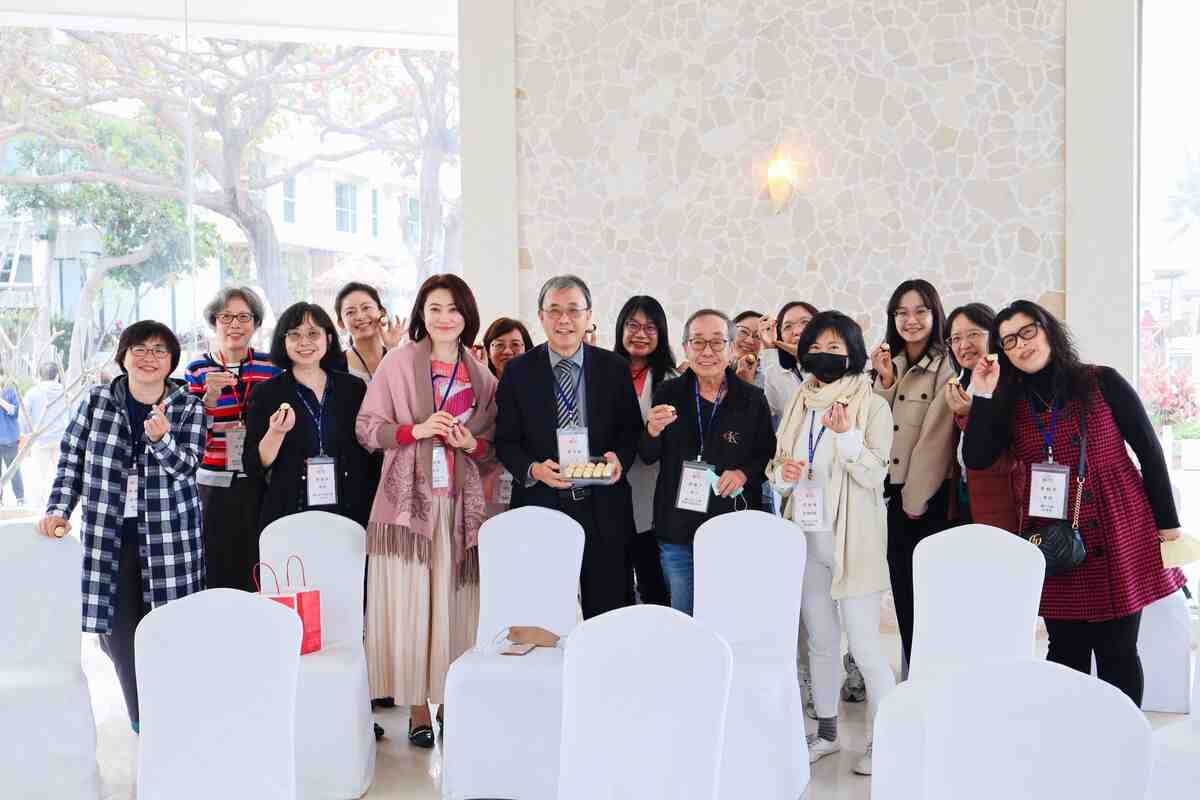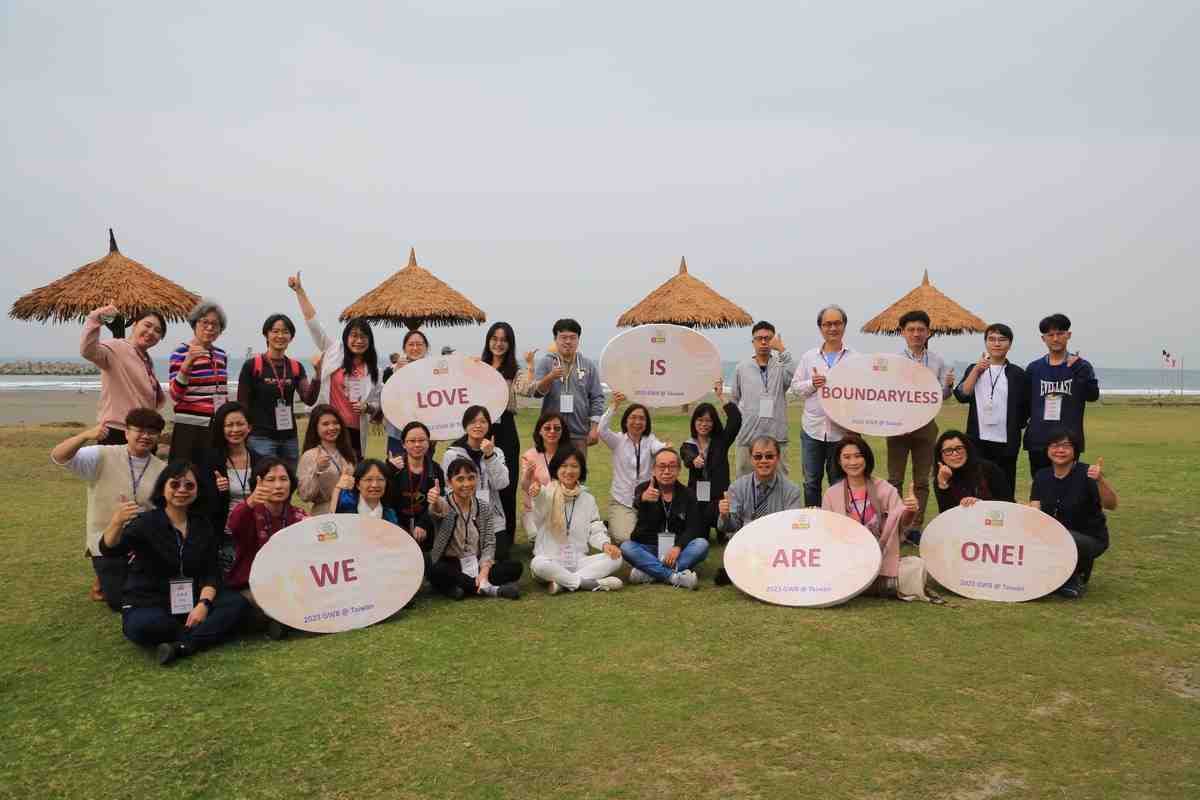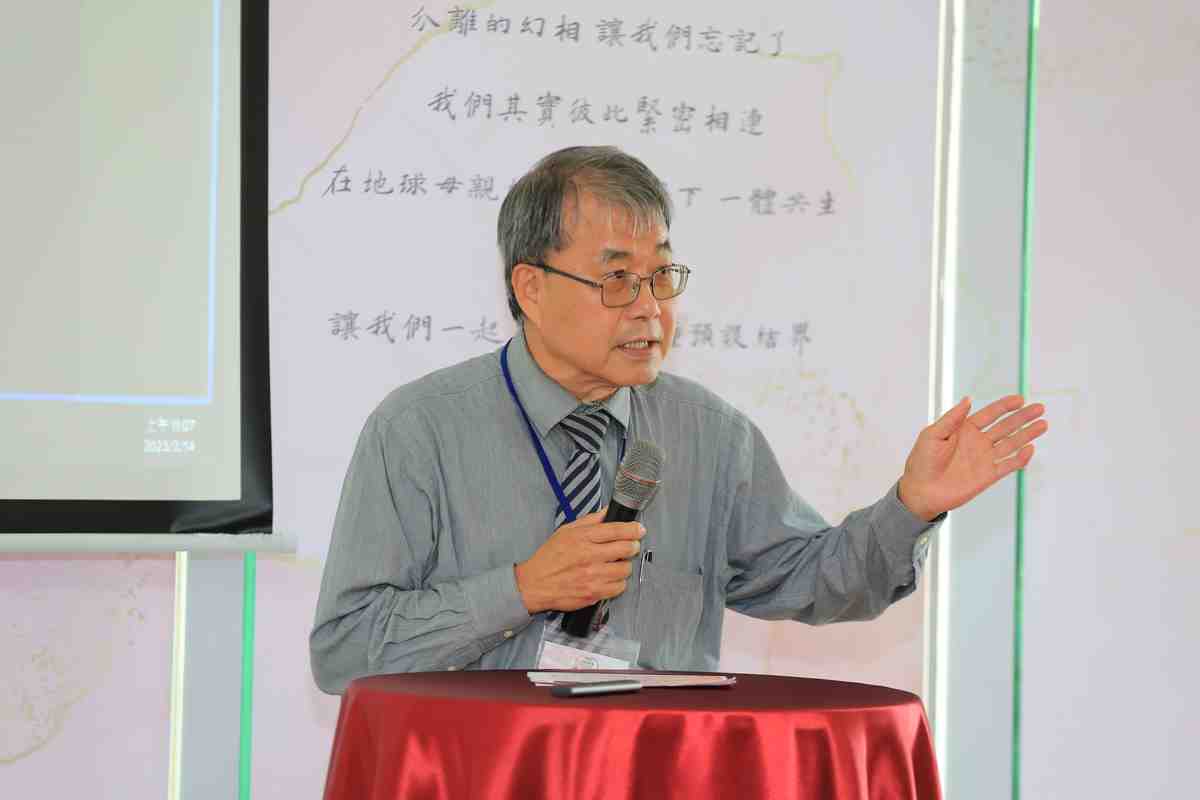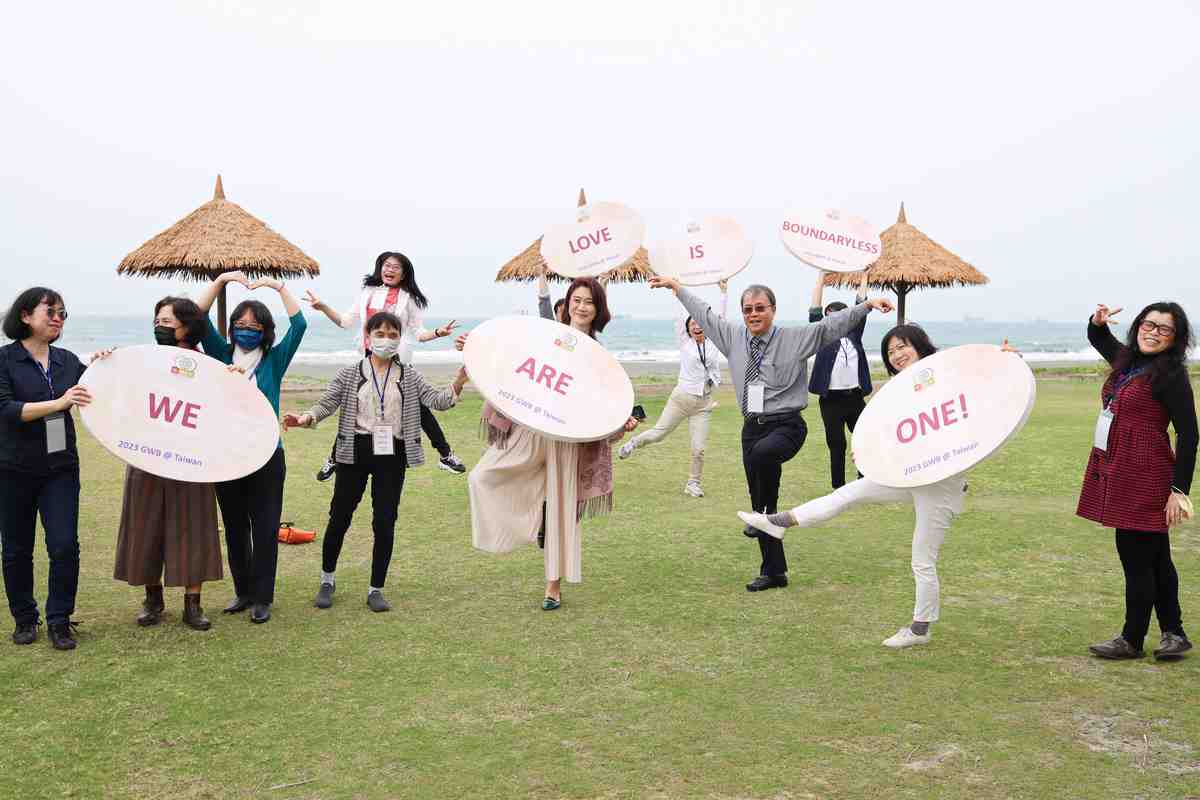2023 IUPAC Global Women’s Breakfast Taiwan Event “The Crucial Roles of Female Characteristics in Promoting SDGs and IDGs”
 Specialization
Specialization
The 2023 GWB venue in Taiwan will be held in the Sunset Beach Resort in the beautiful campus of National Sun Yat-sen University, beginning at 9:45 am on Feb 14th, with the main theme of “breaking the barriers”. In this GWB venue, we will break the barriers in subjects, industries and business, generations, and genders. In this event, we will also attempt to cross the borderline between science, art and humanity by including a 20 min session of music/art performance at the beginning of the event. In this GWB event, we have invited speakers from science, industry, and NGO to talk about the roles of female characteristics in promoting SDGs (Sustainable Development Goals) and IDGs (Inner Development Goals). During the brunch, we have set some time for establishing mentor-mentee relationship. After the brunch/talk session, we arrange a boat trip to visit the sustainale facilities of Kaohsiung Harbor.
Activity Goals aligned with SDGs Projects






Goal
Science for All、International Connections
Type of event
Seminar/Forum/Lecture
Organizer
IUPAC Chemical Society Located in Taipei (CSLT) Aerosol Science Research Center (ASRC)
National Sun Yat-sen University (NSYSU)
Event Audience
Researchers
teachers
and students in chemistry-related fields
as well as those in industry and government agencies
Contact
Chemical Society Located in Taipei (CSLT)
Telephone Number
(02) 5572 8573~5
ccswww@gate.sinica.edu.tw
Result
The Global Women's Breakfast (GWB), initiated by the International Union of Pure and Applied Chemistry (IUPAC), has been a grant annual event in the global chemistry society and beyond. 2023 Global Women's Breakfast (GWB) takes "Breaking Barriers in Science" as the annual theme, which at the same time, serves as a flagship event of the “International Year of Basic Sciences for Sustainable Development" (IYBSSD, July 2022-June 2023) announced by the United Nations to honor the importance of basic science in promoting sustainable development. A total of 75 countries around the world altogether held more than 400 sessions of GWB. Taiwan's GWB, co-organized by the Aerosol Science Research Center (ASRC) of National Sun Yat-sen University (NSYSU) and the Chemical Society Located in Taipei (CSLT) was grandly held at NSYSU on February 14th. This GWB meeting focused on discussing the key roles of feminine characteristics in promoting sustainable development and inner development. Group discussions were also carried out to encourage cross-generation dialogues to establish mentor-mentee relationship and to cultivate the inner development goals (IDGs) to promote UNs’ 17 sustainable development goals (SDGs). The event was kicked off with the opening speeches delivered by NSYSU President, Professor Ying-Yao Cheng, and co-chair of the IUPAC GWB Series, Professor Mary Garson. Professor Mei-Hung Chiu, the awardee of the IUPAC Distinguished Women in Chemistry and Emeritus Professor of the Graduate Institute of Science Education, National Taiwan Normal University, first spoke on the importance of basic science in promoting sustainable development. Professor Chia C. Wang, associate professor in department of chemistry and the director of the NSYSU Aerosol Science Research Center, who organized this GWB event, shared the key roles of feminine characteristics in promoting sustainable development goals (SDGs) and inner development goals (IDGs). Additionally, from the basis of quantum mechanics of the five senses, she led the participants to understand how the body and the environment interact on the microscopic energetic levels. Chia C. Wang pointed out that we are so used to work and live in our immediate fields, thereby setting up many invisible barriers unconsciously. These preset barriers often make us forget our close connection with each other and with the Mother Earth. Under the nourishment and cultivation of Mother Earth, all living sentient beings and inanimate on Earth belong to one entity as a whole. Therefore, this event has been designed to lead the participants to "cross" various preset barriers, including the barriers between science and art, as well as the barriers between multi-disciplinary fields, industry, generations, and genders. In the event, a meditation activity along with live music performance was designed to lead the participants to cross the barriers between body and environment. Dr. Chao-Ping Hsu, a Research Fellow at the Institute of Chemistry, Academia Sinica, pointed out that even though the barriers for female students' to receive higher education have been reduced over time, the "leaky pipeline" phenomenon remains pronounced, meaning that the higher the job position, the lower the percentages of female participation. The problems and difficulties that female scientists need to face still exist a large gender gap at different stages of their career development as compared to the male scientists as a result of the different expectations of different genders from the society. Therefore, this year Taiwan’s GWB has launched the "Chia-Li Wu Female Chemist Career Development Award Project", and planned a group discussion of cross-generation mentor-mentee dialogues in the agenda, with a goal to promote gender equity in the academic community. At the beginning of this event, a unique activity was led by Professor I-Lien Ho, the Assistant Professor of NSYSU Department of Theater Arts, and accompanied by the live music performance of DaKung, a well-known musician shortlisted for the 31st Golden Melody Awards, allowing participants to listen to the inner voices of themselves and the various sounds of Mother Earth surrounding us while residing between mountains and seas, re-establishing the connection with nature, and crossing the boundaries of science, art, and humanities. This event also invited Gabriella Grusell from Sweden, a representative of the internationally renowned non-governmental organization (NGO) Inner Development Goals, to give a speech entitled “Sustainability from the Inside Out-Inner Development Enabling the SDGs”, during which she talked about why the promotion of sustainable development should begin with everyone's inner transformation. This event also invited Wenying Chang, a senior researcher of Taiwan International Ports Corporation (TIPC), as a representative of senior female leaders in the industry, to share the role of women in promoting sustainable development in the workplace. Professor Yi-Hsin Liu, an associate professor of the Department of Chemistry at National Taiwan Normal University, shared his practical experience of communication and networking for cross-field cooperation. Yi-Hsin Liu also shared the essence and know-how of cooperation with the Eightfold Path taught in Buddhism and the Four Embracing Virtues, including generosity, kind words, beneficial deeds, and fellowship. The event also conducted a questionnaire survey on the participants, which shows that personality traits such as empathy, communication and coordination skills, cooperation, openness to new things or ideas, tolerance, humility, kindness, friendliness, patience, and carefulness are expected to play key roles in promoting sustainable development and inner development. Chia C. Wang also pointed out that although some of these traits have often been classified as femininity in the past, nevertheless, every individual, regardless female or male, has both feminine and masculine traits, just in different proportions. Everyone might as well break away from the traditional stereotype of a binary distinction between masculinity and femininity, and embrace these inner characteristics that can promote the sustainability of the Earth and the symbiosis and co-prosperity of all life and all inanimate things on Earth, allowing them be fully manifested.
Number of Participants30人
Video LinkFeatured events
Contact Us
- Tel: 02-7749-6818
- Email: iybssdtw@gmail.com
Adviser

自然科學及永續研究發展處
Organizer
國立臺灣師範大學科學教育研究所、自然科學及永續研究推展中心、國立成功大學材料科學及工程學系、台灣物理學會、中國化學會
Co-organizer
中央研究院永續科學中心、中原大學物理學系、中華民國數學會、行政院原子能委員會、財團法人國家實驗研究院國家高速網路與計算中心、財團法人國家衛生研究院、高雄市政府教育局、國立中央大學科學教育中心、國立中正大學科學教育中心、國立成功大學科學教育中心、國立自然科學博物館、國立東華大學科學教育中心、國立科學工藝博物館、國立海洋生物博物館、國立海洋科技博物館、國立高雄大學科學教育中心、國立高雄師範大學、國立清華大學跨領域科學教育中心、國立彰化師範大學、國立臺灣大學科學教育發展中心、國立臺灣科學教育館、國家衛生研究院、淡江大學科學教育中心、逢甲大學綠能科技暨生技產業發展研究中心、臺北市政府教育局、臺灣永續棧、臺灣海洋聯盟、臺灣港務股份有限公司
